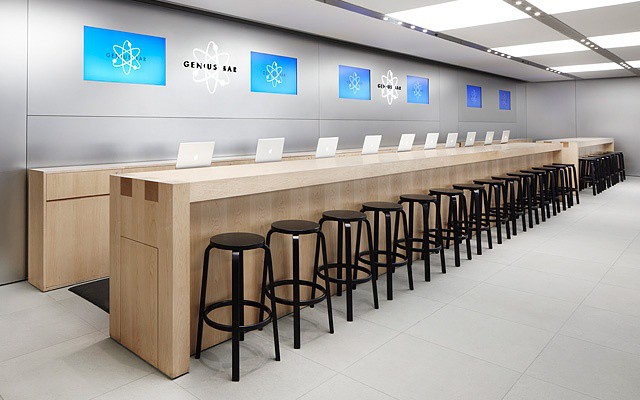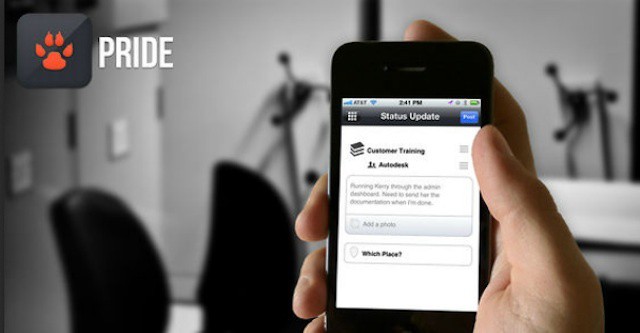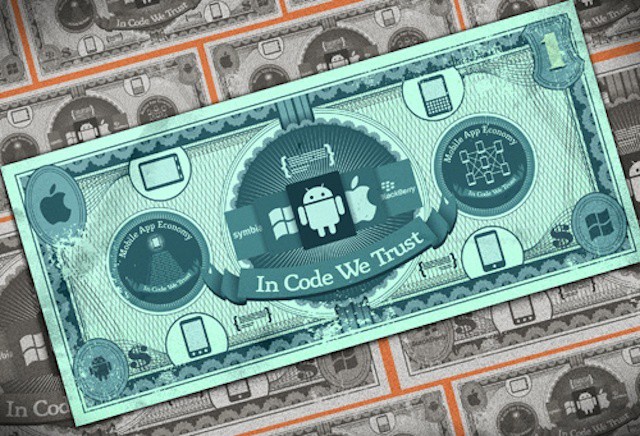Read enough articles about NFC and its potential for mobile payments and you’ll find yourself thinking the technology is the inevitable mobile payment platform. Every major mobile platform except iOS already includes or will include support for NFC-enabled devices. There are lots of partnerships being announced between key players like device manufacturers, carriers, and banking or credit card companies. It also just seems to make sense that this is the future.
Until you look up from all the stories about what NFC and look at what’s really happening in the world. You don’t see much evidence of NFC payment systems in everyday life. NFC isn’t yet emerging into mainstream commerce, but there is ample evidence that mobile payments are taking off without it. Those options becoming mainstream are decidedly low tech by comparison, but that’s precisely why they’re succeeding.

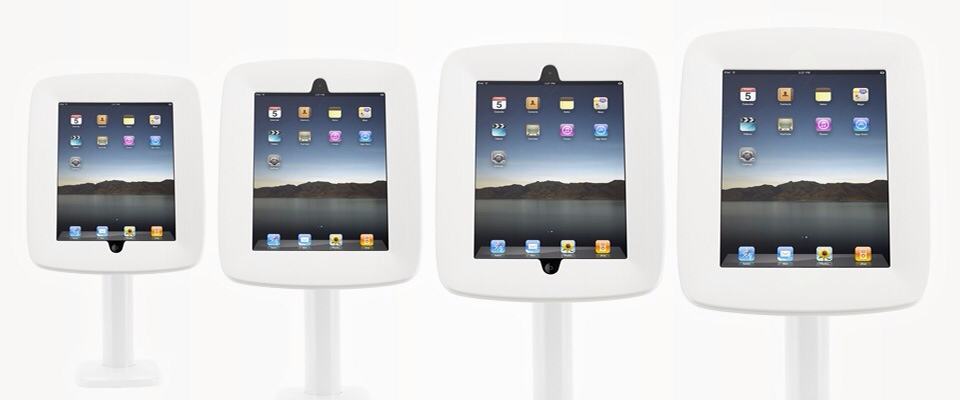


![Mountain Lion Server Preview – It’s All About Small Business [Feature] Server app is Apple's current approach to OS Server Installs](https://www.cultofmac.com/wp-content/uploads/2012/05/lionserverapp.jpg)
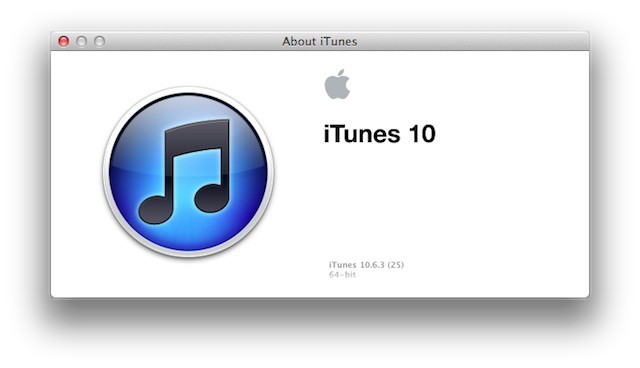
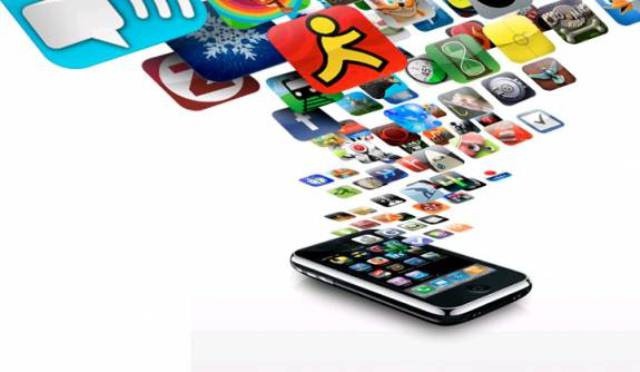
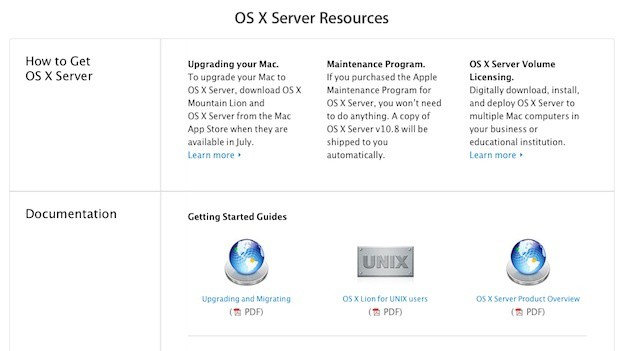


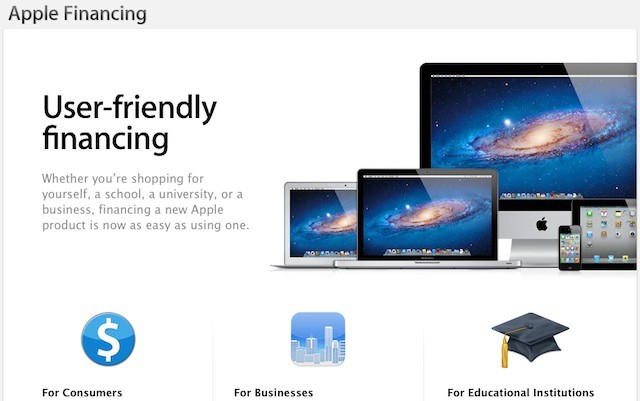
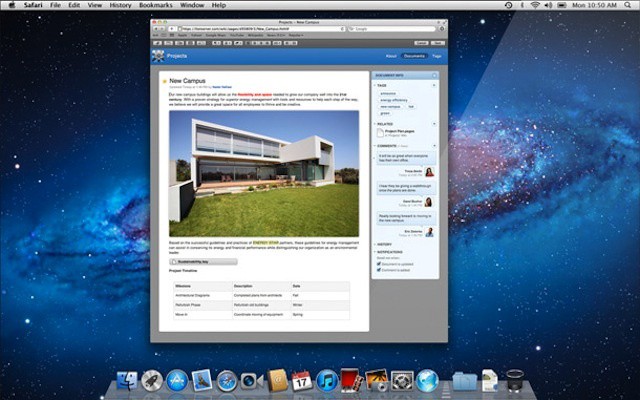


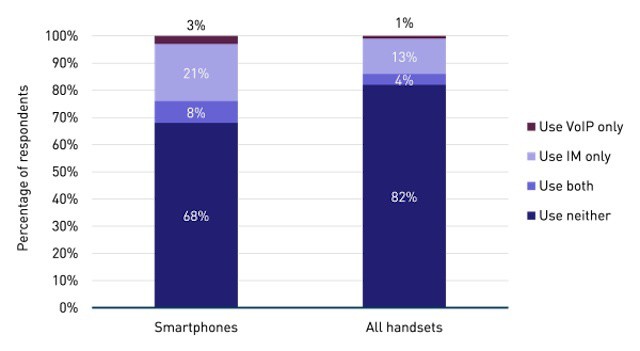


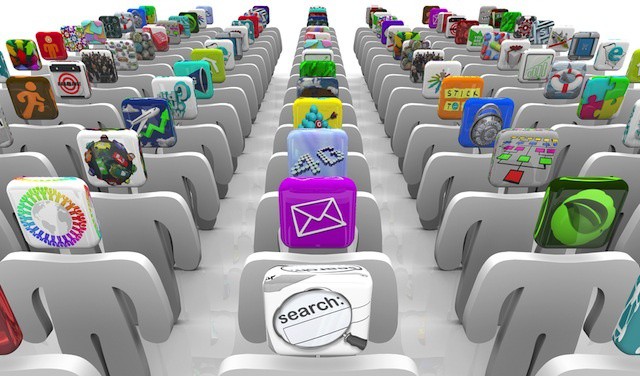
![How The iPad & Microsoft Surface Expose IT’s Dirtiest Secret [Feature] Arguing the iPad can't access legacy IT systems often means IT is ignoring much bigger problems](https://www.cultofmac.com/wp-content/uploads/2012/06/suit-ipad.jpg)

